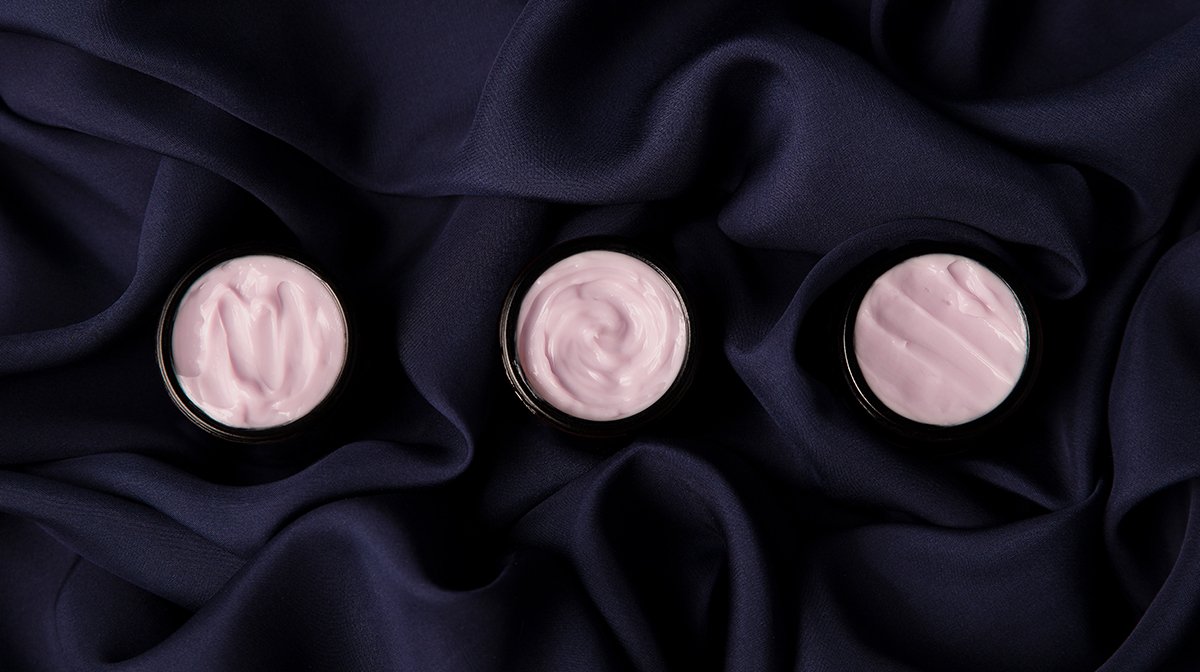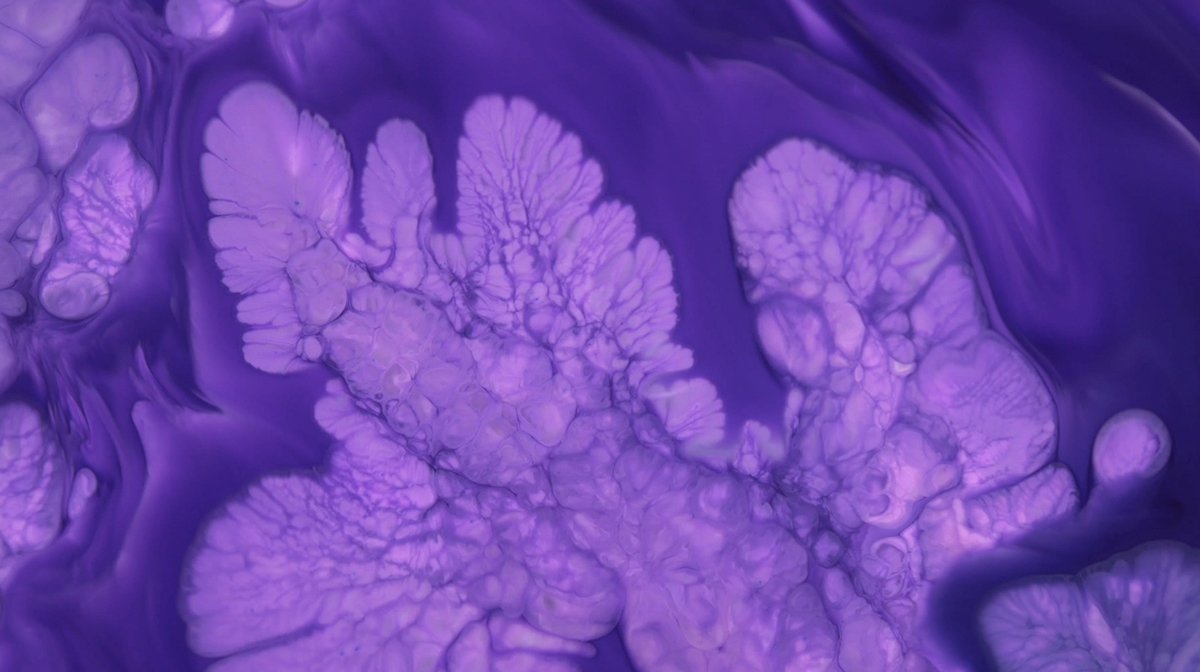#2 The Difference Between Prebiotics, Probiotics, and Postbiotics
Because probiotics are living organisms, they need energy to sustain themselves. Enter prebiotics. Think of them as a food source for probiotics. The non-digestible fibres of fruits, vegetables, and whole grains are all sources of prebiotics.
These are live bacteria and yeasts that live all over our body. They can also be consumed via fermented foods such as yoghurt, as well as supplements. Probiotics must be stored at low temperatures and have a short shelf life.
Postbiotics are often referred to as “non-live probiotics.” They are a stable form of probiotic that is safe and effective for use in skincare. Postbiotics are developed through a fermentation process using non-living bacteria. This process removes toxins and bad bacteria, leaving only the good stuff for use in beauty products.
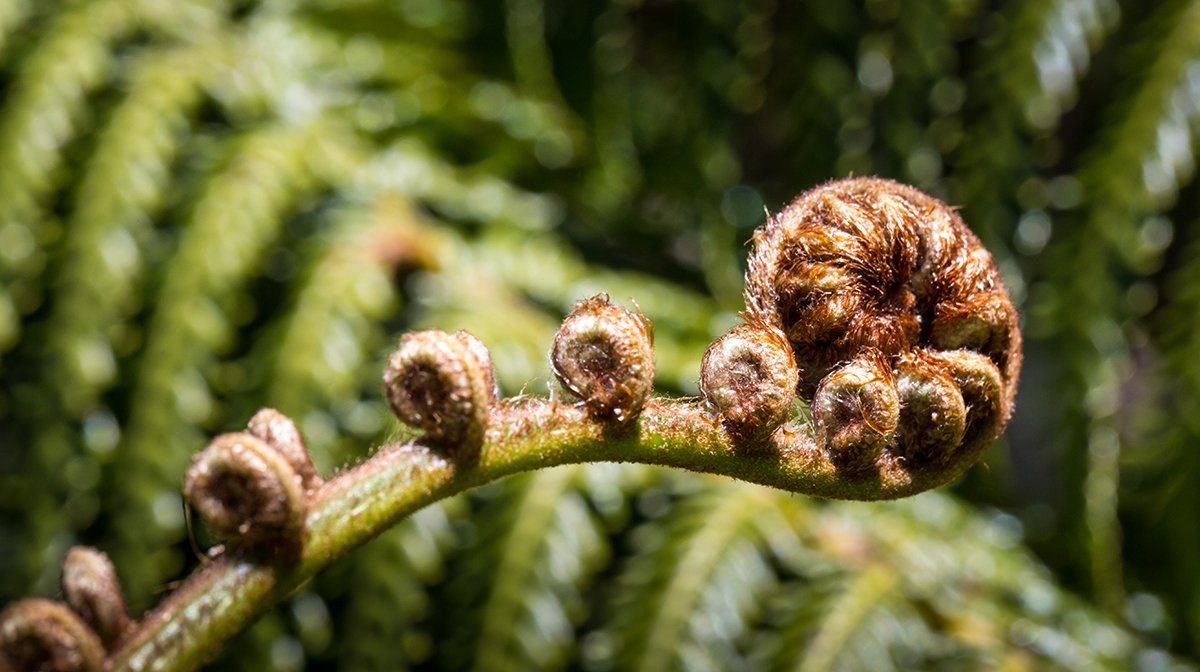
#3 How Do Probiotics In Skincare Help Blemishes?
-
They help strengthen your skin barrier
Skin is the first line of defence against external aggressors, so you want to keep your skin barrier in tip top shape. Chemicals, weather, UV rays, heating, air conditioning, pollution, allergens, and toxins can all weaken our skin barrier. This can lead to inflammation – the culprit responsible for blemishes.
Skin probiotics encourage an environment of healthy bacteria that can act as a protective shield, helping to enhance the skin barrier and keep skin looking clear. Because of this, probiotic skincare can be an effective blemish treatment.
-
They help keep skin hydrated
With a stronger barrier, skin is not only better able to defend against external pollutants. A strong skin barrier can also help to prevent trans-epidermal water loss (TEWL), which means our skin holds onto moisture.
Those with oily skin and blemish prone conditions often avoid moisturising products. After all, oily skin doesn’t exactly need more moisture now, does it? But oily skin can be parched, too. When oily skin doesn’t have enough moisture, the skin over-produces sebum to compensate. Leading to – you guessed it – even oilier skin. When used in topical products, probiotics benefits for skin include helping to balance natural moisture levels and prevent moisture loss.
-
They help balance your microbiome
Pollution and synthetic skincare products can mess up the balance of your microbiome, leading to inflammation, blemishes, and clogged skin. Skin probiotics help maintain a healthy balance of good bacteria. This helps to control the production of oil and helps to balance the skin’s pH levels, resulting in clearer skin.
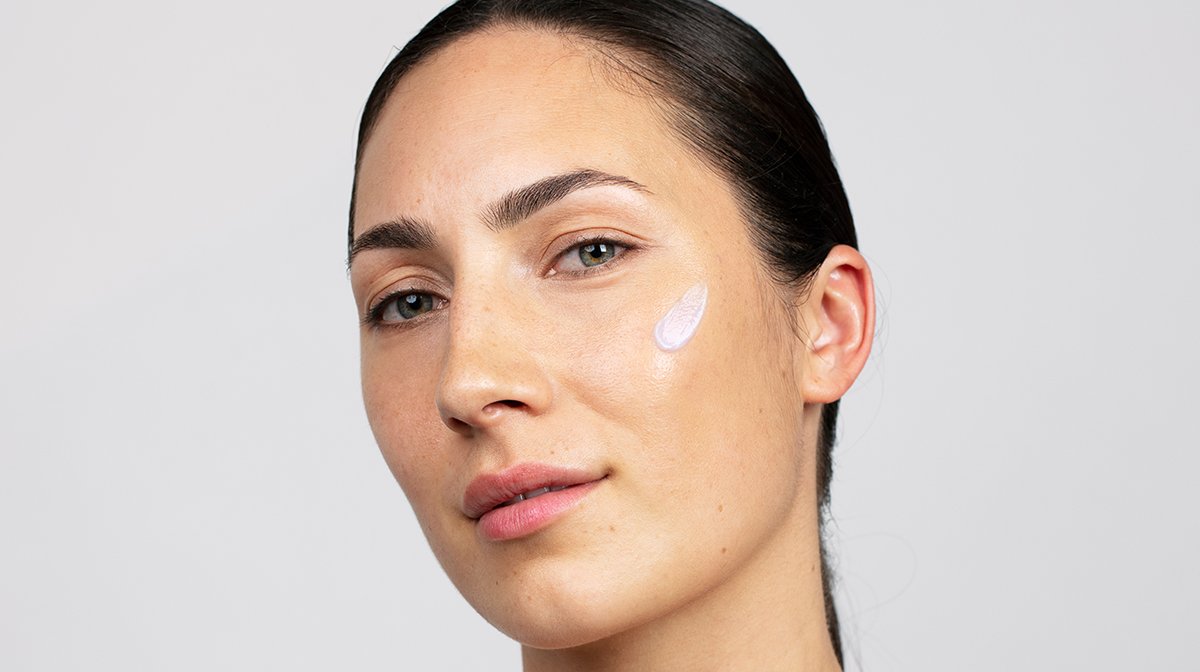
#4 The Best Probiotic Skincare Products
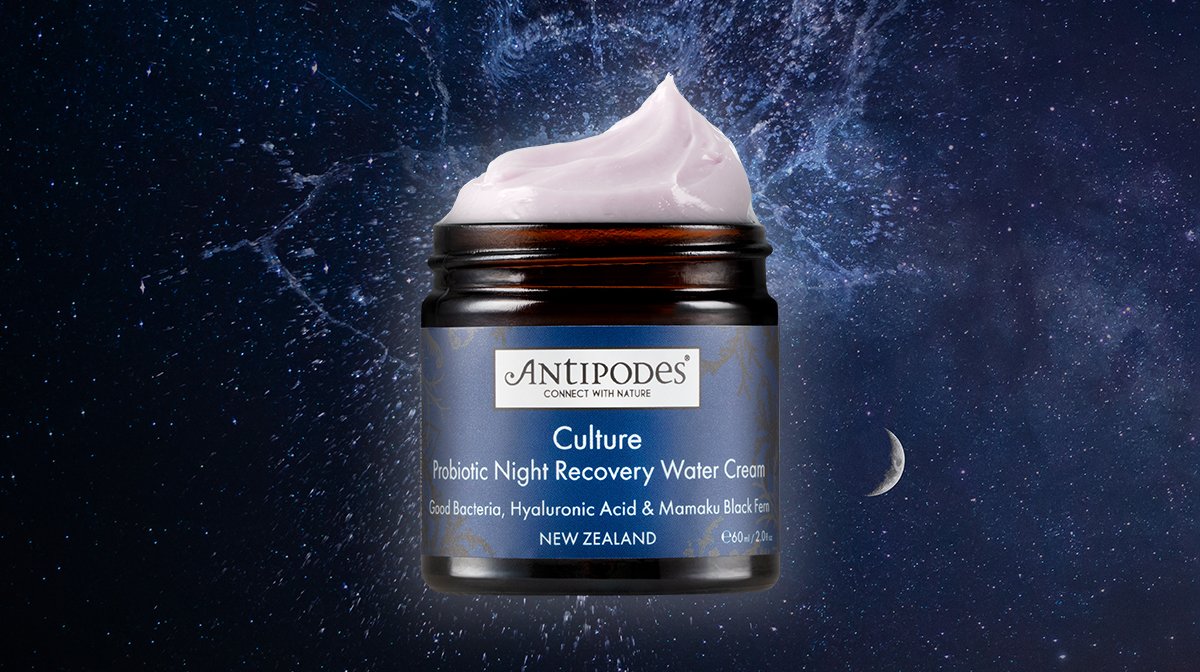
Skin recovers best at night, but it also loses critical moisture during this period. Hydrating probiotic skincare, such as Culture Probiotic Night Recovery Water Cream, is the perfect solution. This natural night probiotic cream combines the restorative power of probiotics with a water-boosting formulation to prevent moisture loss while you sleep.
The cloud-soft night moisturiser contains an innovative strain of probiotic as well as hyaluronic acid, which is ultra-hydrating for skin. It also contains New Zealand bioactives such as mamaku black fern and harakeke gel. Together, they encourage a complexion that’s calm, clear, and hydrated. Clean, certified vegan creams like this are the most effective way to experience probiotics benefits for skin. As a blemish treatment, a probiotic cream is a wise choice.
